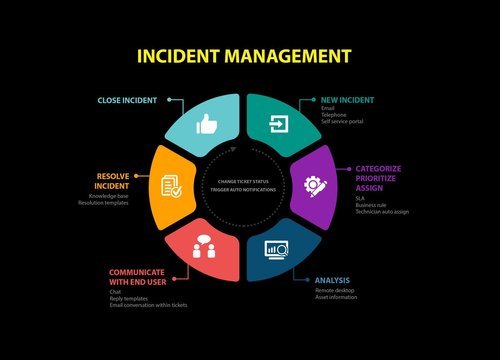Companies of all sizes have to deal with contracts now and then, with each contract requiring a different approach. When it comes to contract lifecycle management, drafting, reviewing, signing, and execution are crucial steps. Here are the common stages involved in managing contractual relationships explained.

Requests

The contract lifecycle starts with one party requesting or initiating the contracting process. Then they use the data to draft an agreement form. The contract request is then stored in contract management software by Precisely and made available to the designated stakeholders. Vital information like start date, milestone, and expected end date must be included.
Drafting
It is also known as the authoring stage where the agreement form is generated. It explains all the elements, the terms, clauses, and conditions of the contract. Also, the signing parties and approvers are identified and their signing details documented.
Approval
A legal representative has to approve the contract that has been prepared. A lawyer reviews the details before approving the document to move to the next step.
Execution and Signing
The agreement form is then sent to the involved parties so they can sign. Thanks to an intuitive contract lifecycle management tool, it is possible for the contracting parties to make electronic signatures over the internet, hence eliminating the manual process.
Repository
A signed document should be stored in a safe place in the cloud. A good repository is easy to access and has the Metadata properly indexes for future references.
Data Management
At this stage, the involved stakeholders have to decide on who controls critical records. Reliable storage methods guarantee backups and security of information with high data compliance standards.
Retrieval
A company should be in a position to access the contractual data with ease. This is where the users get to use filters, keywords, and other search tools when retrieving relevant documents. User activity logs are used to provide in-depth reports.
Renewal or Amendment
When a contract expires or reaches the end of its lifecycle, it should be renewed to remain active until a later date. Otherwise, the company might face financial risks. Any amendment is also done at this stage.
It is imperative to effectively manage agreements and relationships between business parties. It takes proper planning of the project management stages to mitigate and eliminate procurement, legal, and financial risks. This is where efficient contract management software comes in to improve productivity and optimize the value of a contract lifecycle.
